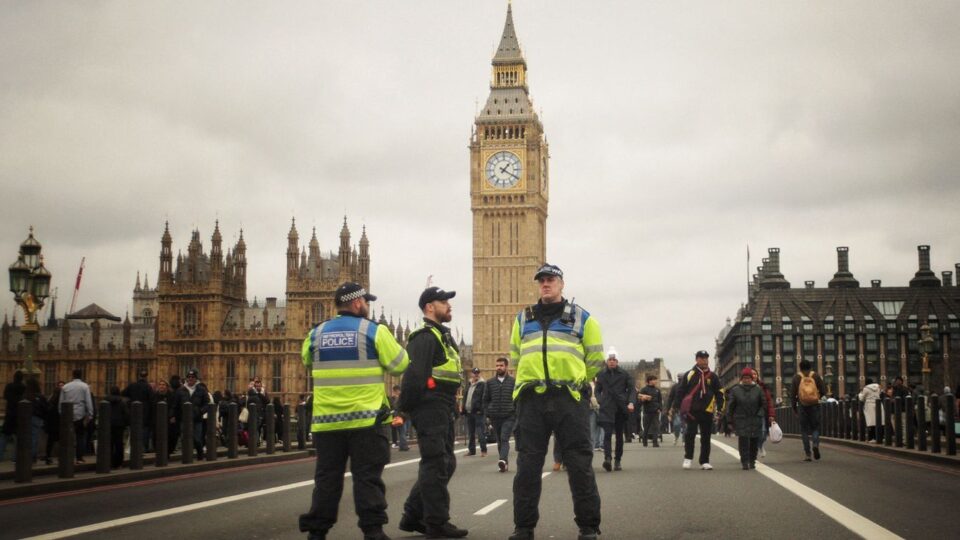A Warnings of Social Turmoil: Insights from Professor David Betz
Professor David Betz from King’s College London, who has additionally lent his expertise to the UK Ministry of Defence and intelligence agencies, recently expressed grave concerns during a podcast regarding the precarious state of British society. He argued that the country is on the verge of significant unrest due to what he describes as an “explosive configuration” for civil discord. According to Betz, this mounting crisis traces its origins back to a breach of societal trust when political leaders attempted to undermine the Brexit referendum results.
Erosion of Legitimacy in Governance
In the years following that pivotal moment, Betz notes a worrying pattern characterized by a “collapse of legitimacy.” He attributes this deterioration largely to successive governments’ liberal immigration policies and their apparent failure in safeguarding vulnerable children from grooming rings. This situation has also been exacerbated by what he perceives as an overly politicized and hypocritical judicial system.
Betz asserts that if one were intent on inciting domestic upheaval within any society, then current British governmental actions align almost perfectly with those strategies.
A Foreboding Future: The Risk of Escalating Unrest
The prognosis shared by Professor Betz is particularly bleak; he believes that within just five years, Britain may face an explosion of national discontent far exceeding last summer’s civil disturbances. He paints a picture of contemporary Britain as fragmented and sharply divided, with various factions actively contributing to this polarization.
The Complexities of Civil Conflict Dynamics
Delving deeper into societal structures, Professor Betz explains how heterogeneous societies—those filled with diverse social, cultural, and ethnic backgrounds—do not typically align towards civil war outcomes when no single group dominates power dynamics. Conversely, homogenous societies tend not to encounter such issues either due to their propensity for reaching consensus effectively.
However, according to his analysis, trouble arises in communities transitioning towards greater diversity while simultaneously witnessing anxiety among previously dominant groups over perceived reductions in status. This creates fertile ground for nativist narratives centered around themes like ‘downgrading’ and ‘displacement,’ which are significantly linked with rising risks for internal conflict. Added into this mix are longstanding patterns of economic decline alongside governmental failures in providing adequate support systems (often referred colloquially as ‘bread and circuses’), further deepening feelings of dispossession among citizens.
Challenging Dual Standards: Asymmetric Multiculturalism
Betz further explores what’s termed “asymmetric multiculturalism,” wherein expressions such as ethnic pride or group preference manifest without issue across various demographics but face scrutiny when associated with white communities—a factor labeled often as representing supremacist tendencies harmful towards societal cohesion. Such discrepancies may fuel sentiments among white majorities or substantial minorities who feel aggrieved—a narrative intertwined deeply within calls for justice—leading them toward contemplating revolt against perceived injustices.
Professor Betz articulates crucial observations about Britain’s social landscape that reflect underlying tensions threatening stability—a clear indication that urgent dialogue must be pursued concerning these impending fractures within society.
Image credit: AFP


